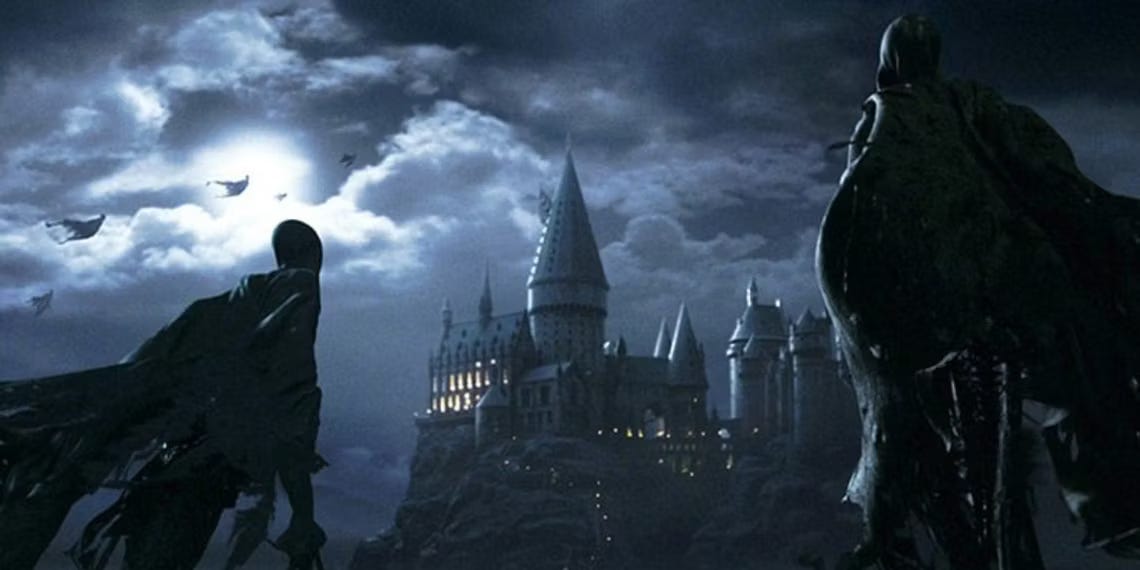Like all of us, I believe, I have a Library of Lost Ideas.
These are thoughts that never came to be. Projects that died unmade, organizations never founded, workshops never held, art that never moved from the conceptual to the real.
I’ve been really into teaching a workshop, lately, called “Death to the Soul Eaters”. (I’m doing a free one on July 9, if you want to come.)
In Death to the Soul Eaters, we examine our unfinished business. What emails have we avoided sending? Tasks we’ve put off? Little niggling unaddressed truths that eat at our souls?
These things, over time, sap our energy and our belief in ourselves.
The Library of Lost Ideas is like this. It doesn’t eat my soul, but it does live in my longing.
I want to tell you about my library.
I welcome you to check out an idea. Perhaps there is something in here that you would like to make, or collaborate on. The library merely requires your name, your intent, and your date of renewal, when we can ask about the progress of this idea in the world.
I welcome you to create libraries of your own. I consider ideas cheap and freely-available. But, there are ones others have created that I have certainly benefited from. Perhaps someone will find, in your library, the very idea they have been waiting for.
This library may grow over time. I’m sure you will find new ideas within these pages, as more enter my vault.
Come, reader, and look around…
Death to the Soul Eaters
They live in your soul. All the projects you've avoided. All the people you've put off. All the unfinished business you never completed.
They are your Soul Eaters. They eat at you...
And they don't have to.
…As you saw in the introduction, Death to the Soul Eaters is an event I’ve recently started running (again). I conceptualized it, and ran a 1-day pilot, more than 7 years ago. The idea then lay fallow until a few months ago.
But the name was too good to waste, and so was the concept. I started running DSE (I really wish Soul started with an I 😣) at a womens’ retreat I’m part of, and the ladies loved it so much that it became a standard for us.
I’d love to find a way to get DSE more out into the world. Like Fight Lab, it’s the kind of workshop where people walk away having a totally new sense for what is possible in 1 hour. Connection workshops are great, but try having addressed or even completed a conflict or project that has been eating at you for years.
I could imagine this workshop being templetized and run all over the world, by different facilitators. Or running it myself at events. Or…I’m not even sure what else to do with the idea. To start with, I might host it as a monthly offering, because even if other people don’t show up, I’ll still do the work and benefit from it 😂
It’s a simple process:
Define your Soul Eaters.
These are unfinished projects, tasks, or relationships that sap some of your energy. Think: things you are ashamed of not having finished, tasks that remain forever on your to-do list, conversations you know you should have but keep putting off.Identify your reasons for addressing this Soul Eater.
What’s at stake? What happens if you keep putting it off?(Optional): What stands in your way?
Explore the blocksGTD it! What is a first step you could take on your Soul Eater, that is so simple it is nearly effortless?
Think: if you want to clear your emails, the first step is just opening your inbox and clicking one.Do the thing
For 1 hourCelebrate!
Each person shares what they got done, and gets cheers and applauseDance party
Shake out the energy
This process is so powerful and works SO well. One time, I got myself to apologize to Kickstarter backers for not finishing a film funded 10 years ago. Another time, I created an organization system for facilitation stories, practices, and ideas. Friends I've taught this to have:
Digitized baby pictures
Cleaned up their house
Re-examined their direction in work
Followed up with social connections
Organized hundreds of emails
What will YOU complete?
Possible collaboration
Workshop leaders, course creators, coaches, or marketers, HMU if you have a platform and want to scale this with me!
The League of Grandparents
Keep reading with a 7-day free trial
Subscribe to Sara’s Substack to keep reading this post and get 7 days of free access to the full post archives.






